The short video Firefighters Coping with the Aftermath of Suicide takes an intimate look at how suicide affects firefighters, both because they respond to suicide attempts and fatalities and because suicide strikes among their own ranks.
Please share the video with your local fire department (here's the short URL: youtu.be/QSH5EbNhJBA) and encourage firefighters to watch it (it's 11 minutes long).
In the video, Gretta Flatt, a firefighter with South Metro Fire Rescue near Denver, Colo., tells the story of a horrific suicide she and fellow firefighters responded to that triggered distress in her from a long career responding to traumatic incidents:
This is a prime example where I was not aware of how that would affect me personally. This particular call ... is really a hotbed .. I am at the latter part of my career, so it's like things are showing up out of the blue, and I have read about that, but it can really happen.
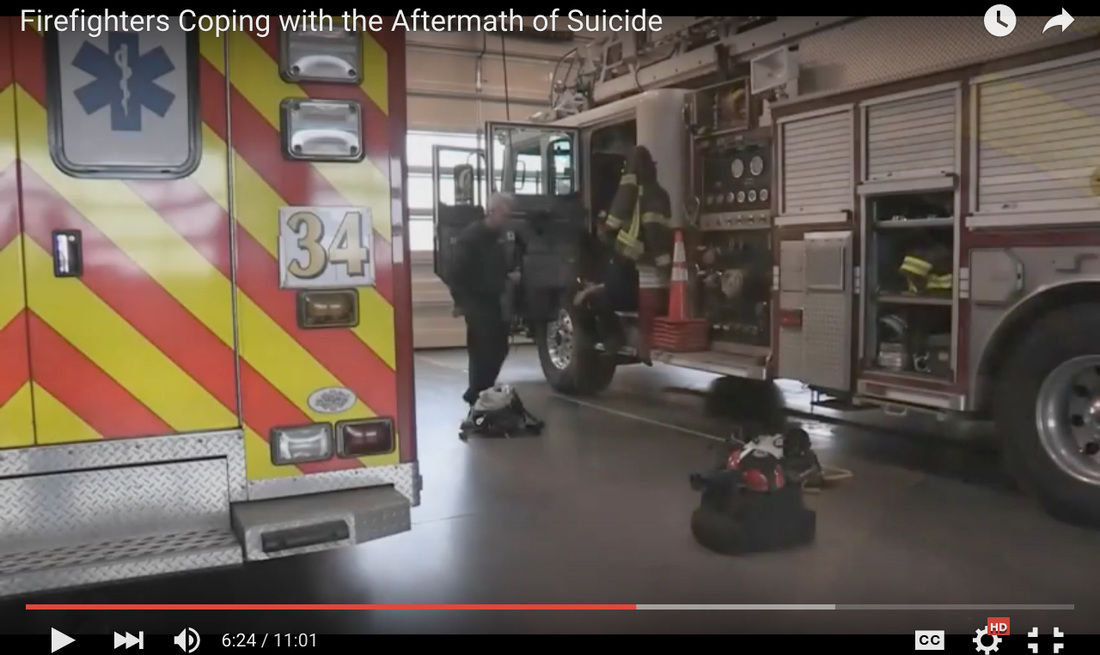
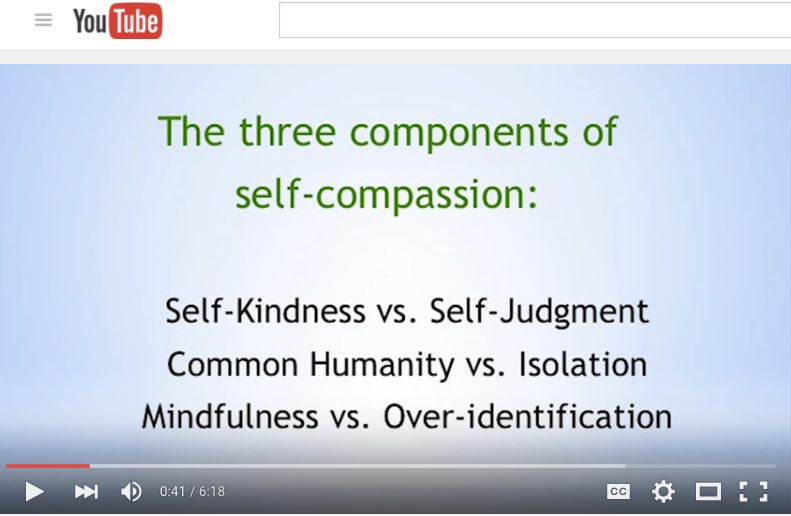
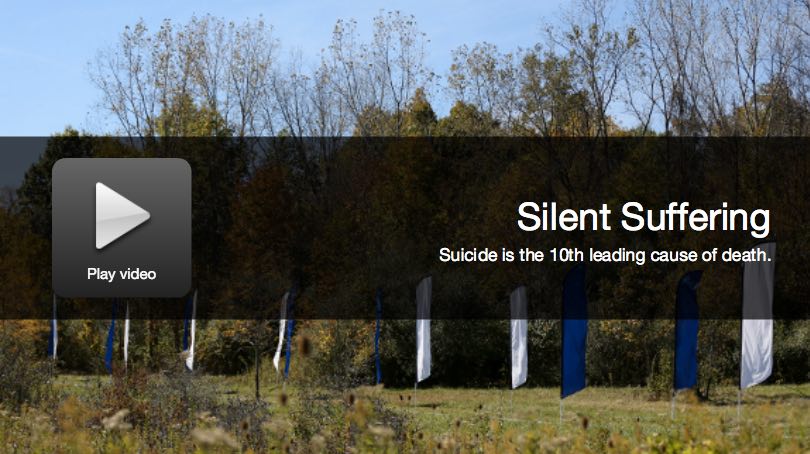
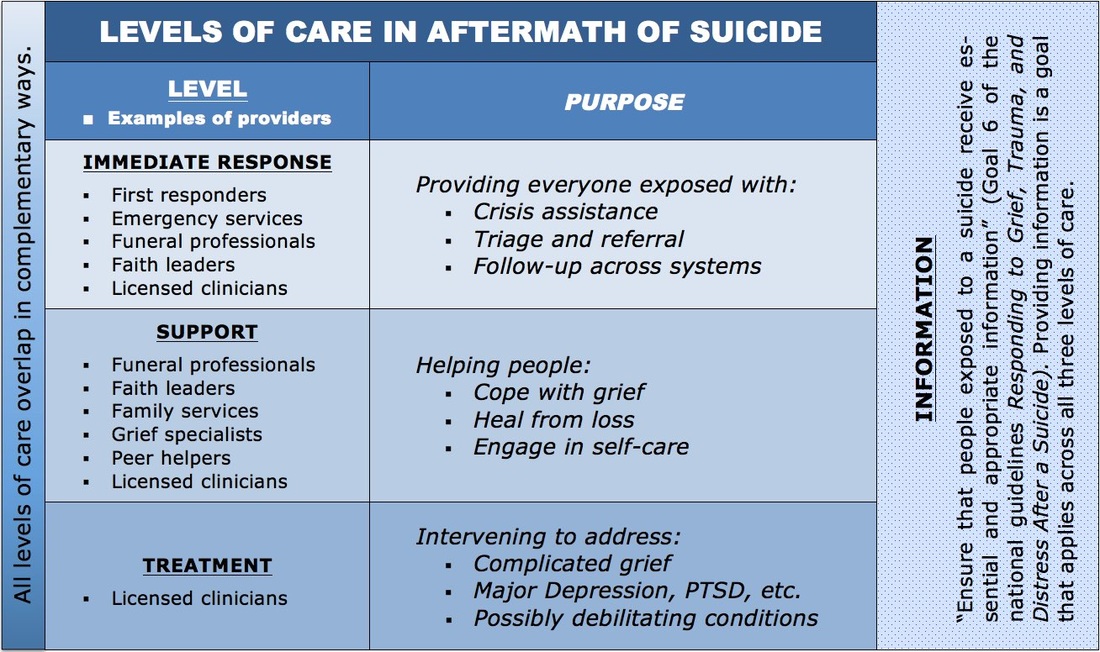
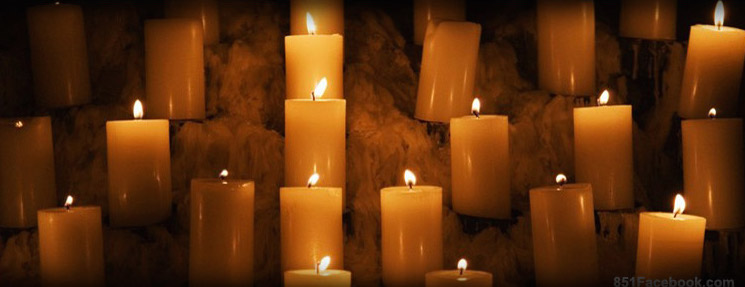
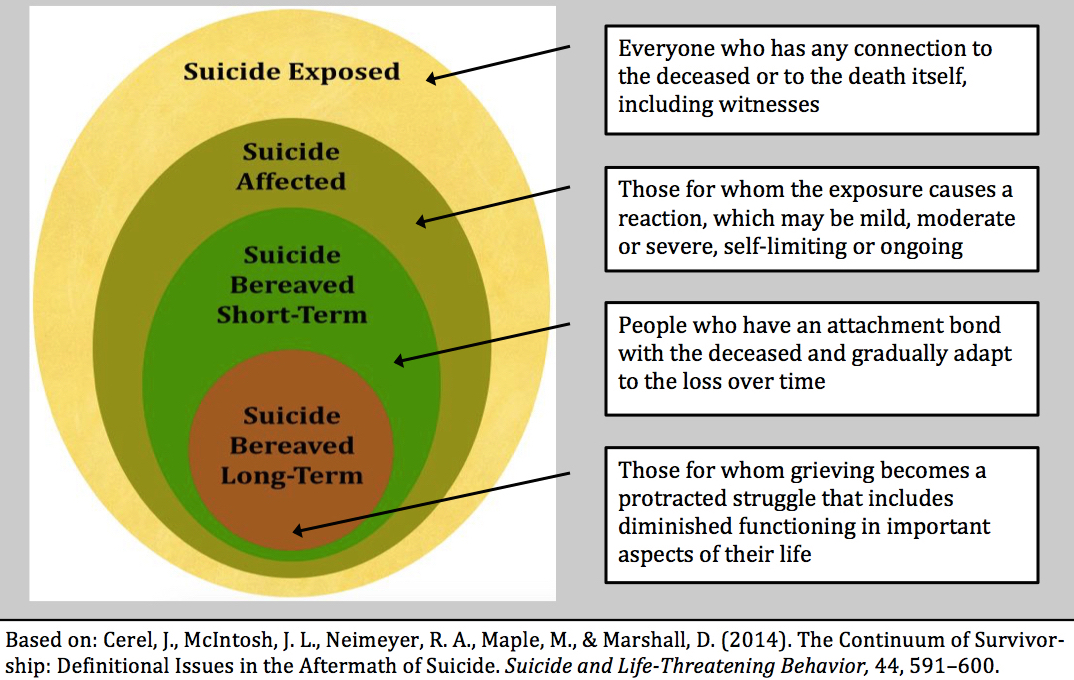
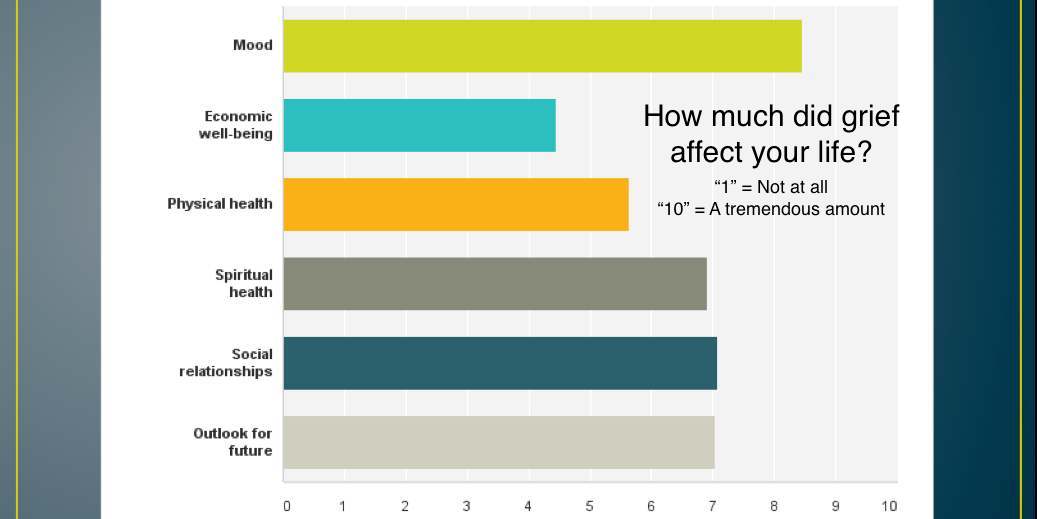
 RSS Feed
RSS Feed